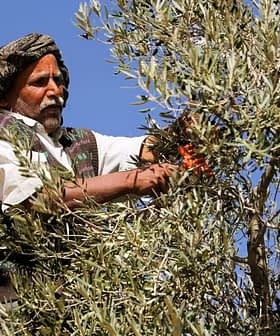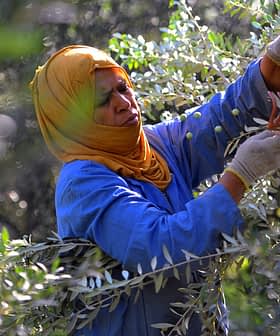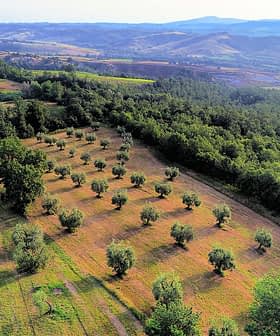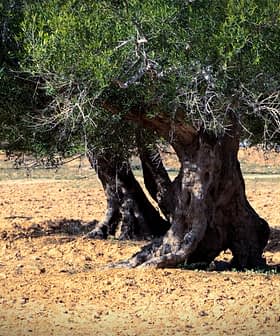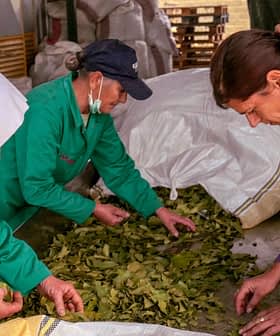Libya Hopes to Boost Olive Oil Exports
Libya aims to improve its economy by focusing on increasing olive oil exports, with plans to enhance quality and productivity through private sector involvement. The country, already a major olive oil producer, is exploring new varieties like the Arbequina olive from Spain and developing a national label to establish trust and facilitate marketing in lucrative European markets.

Libya, the 12th largest olive oil producer in the world, plans to boost its economy with a new emphasis on olive oil exports. Officials at the export promotion center in Tripoli said Libya will promote the quality of its olive production in order to expand exports to Europe. It will engage the private sector players to enhance productivity and carve a niche for Libyan olive oil in international markets.
An exhibition of olives and dates was held last month in Tripoli, where Libya’s production of olives and olive oil was discussed as a potential trade opportunity. Government officials acknowledged the high expectations of the lucrative European markets regarding standards of quality, packaging and labeling of olive oil. The officials said a national label would be developed in order to facilitate marketing and establish a reputation of trust for Libyan olive oils.
Olive crops easily tolerate spells of drought, which makes it a good fit for the arid climate of Libya. The country already has more than 8 million olive trees and produces 160,000 tons of olives and 32,000 tons of olive oil annually, according to data released by the Libyan ministry of agriculture. The country has 3.6 million hectares of arable land.
Libya is experimenting with the Arbequina olive variety from Spain. Arbequina is known for its highly aromatic fruit. It was introduced in Europe in the 17th century, and is now mostly grown in Catalonia. Following encouraging results in experimental production of this variety in Libya, now more than 1,900 hectares have been planted under two agricultural projects.
Officials in Tripoli said the state will get more involved in supporting the entire olive oil production chain, from choosing what varieties to plant to the transformation of the packaging process. The government will also commission studies on the European market to help Libyan exporters understand the challenges ahead.



